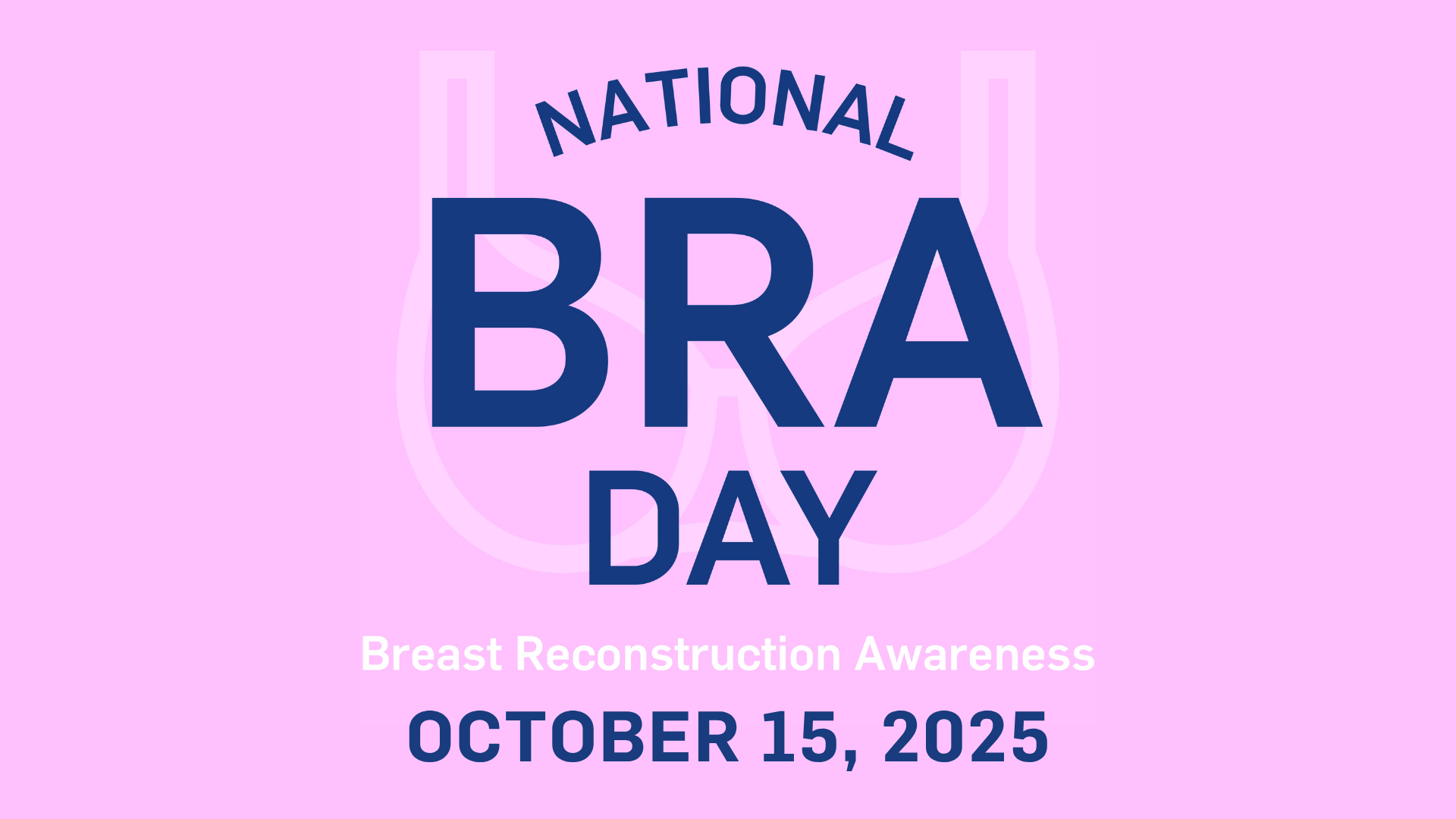Being a registered organ and tissue donor can mean providing hope to families waiting for a miracle, potentially saving the lives of many patients who have run out of options, and advancing medical research.
Are you registered as an organ donor? If not, this guide can provide you with further context about the immeasurable impact being an organ, eye, and tissue donor can truly have.
Did you know? Medical research depends on organ and tissue donors.
For many of us, heart or lung transplants come to mind when we think about organ donation. And while successful transplants are a big part of the equation, there’s a less-understood reason to become a donor. Medical researchers often depend on donated tissue that isn’t viable for donation to advance our understanding of thousands of different diseases.
Researchers utilize donated tissue to study the underlying mechanisms of diseases like cancer, diabetes, and Alzheimer’s, enabling them to explore potential cures. Donated tissue also facilitates the testing of new medical technologies and therapies that improve health and quality of life.
Tissue donation not only fuels groundbreaking research, but also fosters the development of medical expertise, which ultimately benefits a group of people far beyond those that receive organ donations.
How does the organ donation process actually work?
While many of us may have seen snippets of fictionalized organ donations in movies or TV, the actual process is not what you see on the screen. In truth, it is a carefully orchestrated, step-by-step mission that guarantees that medical protocols and ethical regulations are followed to the letter.
Let’s take a closer look at the main steps of the organ donation process:
Patient care: Regardless of whether you’re registered as an organ, eye, and tissue donor, every effort is made to save each patient’s life. A doctor needs to confirm that a patient has irreversible loss of circulatory or brain function, including the brainstem, before they can officially be declared dead. How a person dies, whether by brain death or cardiac death (DCD), will affect the amount of time a patient can still be a donor once taken off life support. A patient declared brain dead is supported by artificial means, such as a mechanical ventilator. Only at this point is organ donation an option.
Hospital referral and donor evaluation: By law, hospitals and care facilities must inform the local organ procurement organization (OPO) whenever there is a death or if a patient has suffered severe neurological damage and is unable to survive without a ventilator. Medical practitioners from the OPO will evaluate the patient’s medical condition and history to assess their suitability for donation. There are no fixed criteria. Anyone can potentially donate organs, eyes, and tissues so never rule yourself out.
Authorization for organ donation: If the patient is eligible, the organ procurement organization checks if the patient is already registered as a donor in the state’s registry. If not, the legal next of kin can authorize donation.
Meeting with families: If the patient is a registered donor, an OPO representative informs the family about their decision and guides them through the donation process. If a patient is not registered, families are given the option of whether they consent to their loved one passing on the gift of life.
Eligibility analysis: Once donor eligibility is confirmed, the OPO compiles information about the donor’s medical history, which helps to determine which organs and tissues may be suitable for donation, as well as any potential risks for recipients.
Finding a recipient: For organ donation, which is actually pretty rare, the donor’s blood type, height, weight, and other data are entered into a national computer system managed by the United Network for Organ Sharing (UNOS) to begin the organ allocation process. The system uses an algorithm to match available organs from the donor with people on the waiting list.
Organ recovery: Once authorization has been granted, either by first-person authorization (meaning the patient is registered on a donor registry) or the family gives authorization, a specialist surgical team will recover the organs and tissues. It’s common for medical staff and families to line the halls to give their respects during an honor walk as the donor is taken to surgery. The organs are then transported to the respective recipient’s transplant hospitals.
Funeral arrangements and follow-up with family: After the donation, families carry out their chosen funeral arrangements. Organ and tissue donation does not prevent families from having an open casket if that is their wish. There is no cost to the donor family to facilitate the gift of donation. After transplantation, the OPO typically follows up with the donor’s family to share basic information about the recipients. In some cases, families might exchange letters or even meet in person.
What organs can be donated?
One of the most common questions OPOs receive is which organs are suitable for transplantation. Most people are aware that these organs are frequently transplanted:
- Lungs
- Heart
- Liver
- Kidney
- Intestines
- Pancreas
But did you know that there are many other tissues that can be successfully transplanted? These include:
- Corneas
- Veins and arteries
- Heart valves
- Skin
- Bones and tendons
Even more reason to become a registered organ, eye, and tissue donor!
Don’t forget, if your intentions are unclear and your family objects to donating at the time of death, organ donation cannot take place. That’s why, in addition to registering as a donor, it’s so important to make sure your family knows your wishes. Sign up for the donor registry and increase the chance that patients waiting will get the transplants they need to survive.



